Environmental elements protection V-VI. (Radiation Protection and Waste Management) - RKXKE3ABNF
Academic year/semester: 2024/25/2
ECTS Credits: 4
Available for: All OU students
Lecture hours: 2
Seminarium:-
Practice: 2
Laboratory: 0
Consultation: -
Prerequisites: None
Course Leader: Rita Kendrovics-Boda, Ph.D.
Faculty: Rejtő Sándor Faculty of Light Industry and Environmental Engineering, 1034 Budapest, Doberdó utca 6.
Course Description:
The aim of the course is to introduce students to the radiation protection and the waste management.
History of atomic structure. Classification of radiations (ionizing and non-ionizing). Radiation from
environmental. Detect of natural radioactivity. Law of natural activity. Particle radiations (α, γ,
neutron). Penetrating power of radiations. Uses of nuclear energy and radiation (food preservation,
nuclear power stations and weapons). Working method of a pressurized-water nuclear station.
Relationship between mass defect and binding energy. Nuclear fission. Dose quantities in SI units.
Radiation effects on human. Protection against radioactive radiation (time, distance, shielding).
Nuclear disasters.to waste management technologies. The subject provides a comprehensive
knowledge of theoretical concepts, types of waste quantity and composition of the waste.
Furthermore, in the frame of the course, expectations and conceptions of the European Union’s waste
management and the Sustainable Waste Management in Hungary will be taught.
The subject deals primarily with sustainable management of waste materials and the available
technologies that treat those materials successfully. Moreover, the course contains knowledge about
technological solutions like emission streams. Part of the curriculum includes municipal solid waste,
used (wreck) cars, electronic waste, batteries, rubber, plastic, glass, construction waste, packaging
waste and other types of waste generated by industrial activity. Waste recovery, recycling as possible
enemy solutions and the necessary preparation technologies will be presented as well. During the
semester, we will examine how the composition of the various areas (residential, agricultural,
industrial, etc.) influences waste and environmental impacts and sustainability principles in waste
management. It shows the importance of the connection between waste management plan and the
steps that are taken to deal with waste and its legal context as well. Waste collection, reloading and
delivery of technological progress will be discussed in detail. The course describes the technological
possibilities of disposing waste, such as orderly disposal, disposal of thermal and chemical processes
or mechanical-physical processes. Main fields of the subject:
− environmental issues; waste as an environmental issue; applying environmental science to
the management of waste.
− managing legal issues and activities in the cleaning and waste industries; managing human
resources in the cleaning and wastes industries.
− mechanical, biological and thermal treatment of waste.
− environmental laws of waste management.
− contaminated land; landfill processes.
Competences:
− Comprehensive knowledge of the basic features and interrelations of environmental elements and systems, as well as of the environmentally harmful substances affecting them. − Knowledge of major environmental technologies, equipment and structures associated with each technology, including the functioning and operation thereof. − Able to perform basic tests of the quantity and quality characteristics of environmental elements and systems by state-of-the-art measuring instruments; to draw up and implement measurement plans; and to evaluate data. − Able to solve tasks of water, soil, air, radiation, and noise protection, as well as of waste treatment and processing at proposal level; to participate in preparing decisions; to perform authority audits; and to take part in the operation of these technologies. − Able to carry out assignments as environmental officer. − Able to carry out management duties subject to sufficient professional experience. − Able to reveal deficiencies in the technologies applied and process risks and to initiate mitigation measures after getting familiarized with the technology concerned. − Constantly upgrading their knowledge of environment protection by attending organized professional development training courses. 50 − Knowledge of general and specific mathematical, natural and social scientific principles, rules, relations, and procedures as required to pursue activities in the special field of environment protection. − Able to communicate both verbally and in writing in their mother tongue and in at least one foreign language, in respect of professional issues, and to continuously develop their professional skills as required. − Open to professional cooperation with specialists related to their profession but involved in other areas. − Efforts to improve knowledge by on-going self-education and continuously update their knowledge of the world. − Responsible proclamation and representation of the value system of the engineering profession; openness to professionally well-founded critical remarks.
Topics:
Week 1
Lecture: Electromagnetic radiation. Basic properties of the nucleus. Nuclear forces, binding energy. Laws of radioactive decay.
Week 2
Lecture: Natural nuclear transformations. The interaction of radiation and material.
Week 3
Lecture: Detection of radiation. Dosimetry. Legal background. Measuring instruments, measurement methods.
Week 4
Lecture: Use of nuclear energy, environmental impacts of nuclear power plants, accidents.
Week 5
Lecture: Radioactive waste disposal issues. Radiation exposure of natural and artificial origin.
Week 6
Lecture: Radon in the environment. Radiocarbon age determination.
Week 7
Lecture: Waste management - basic concepts, categories, characteristics. The concept of the circular economy. Waste management models, waste management indicators, material flow diagram.
Week 8
Lecture: Characteristics, composition and quantity of municipal solid waste and production waste.
Week 9
Lecture: Waste collection and methods for the selective treatment of municipal solid waste. The technological process of waste transport.
Week 10
Lecture: Waste pretreatment - physical, chemical processes. Component separation processes.
Week 11
Lecture: Waste disposal, recovery - aerobic waste treatment. Anaerobic waste treatment processes.
Week 12
Lecture: Thermal treatment processes for waste. Waste landfilling.
Week 13
Lecture: Packaging waste - the concepts of product fee and licence fee. Waste recovery - recovery options for rubber, plastic, glass, construction waste, and the Waste Management Plan.
Week 14
Lecture: Semester evaluation. Writing a written exam.
Assessment: Attendance: Attendance at lectures and exercises is compulsory. If absences exceed the limits set out in the Education and Examination Regulations (TVSZ), the student will be suspended. Students will write one final exam in the semester. The maximum score is 100 points. A minimum of 50 points must be achieved at the exam. In case of an unsuccessful final exam, student can write a repeat exam once. If the repeat exam is also unsuccessful, opportunity for correction is provided in accordance with the provisions of the TVSZ § 24 (5). Test papers, measurement records, reports, etc. (number, date): During the semester, students write one written exam, if they fail, they can write a repeat exam once. Methods of qualification: Grade based on a total of 100 points achievable at the written exam: 0-49 points: unsatisfactory; 50-65 points satisfactory; 61-79 points average; 80-91 points good; 92- 100 points excellent. If the repeat exam test is also unsuccessful, opportuunity for correction is provided in accordance with the provisions of the TVSZ.
Exam Types:
Mid Term Exam
Compulsory bibliography: 1. Márton Herczeg: Municipal waste management in Hungary EEA project manager Almut 2. Reichel ETC/SCP February 2013 Eurostat, 2012: ‘Waste database municipal waste‘ http://epp.eurostat.ec.europa.eu/portal/page/portal/waste/data/database Accessed May 2012 3. European Commission (2012). Support to Member States in improving waste management based on assessment of Member States’ performance. Screening Report. Screening of all EU Member States’ waste management performance. DRAFT Version 1. 12 April 2012 4. Nijkerk, A.A., Dalmijn, W.L. : Handbook of Recycling Techniques (ISBN 90-802909-3-9). Nijkerk Consultancy February 2001, 5th Revised edition (pp.1-254 ) 5. Ram Chandra: Environmental Waste Management, 2015 by Taylor and Francis Group, U.S.
Recommended bibliography: -
Additional bibliography: -
Additional Information: -



